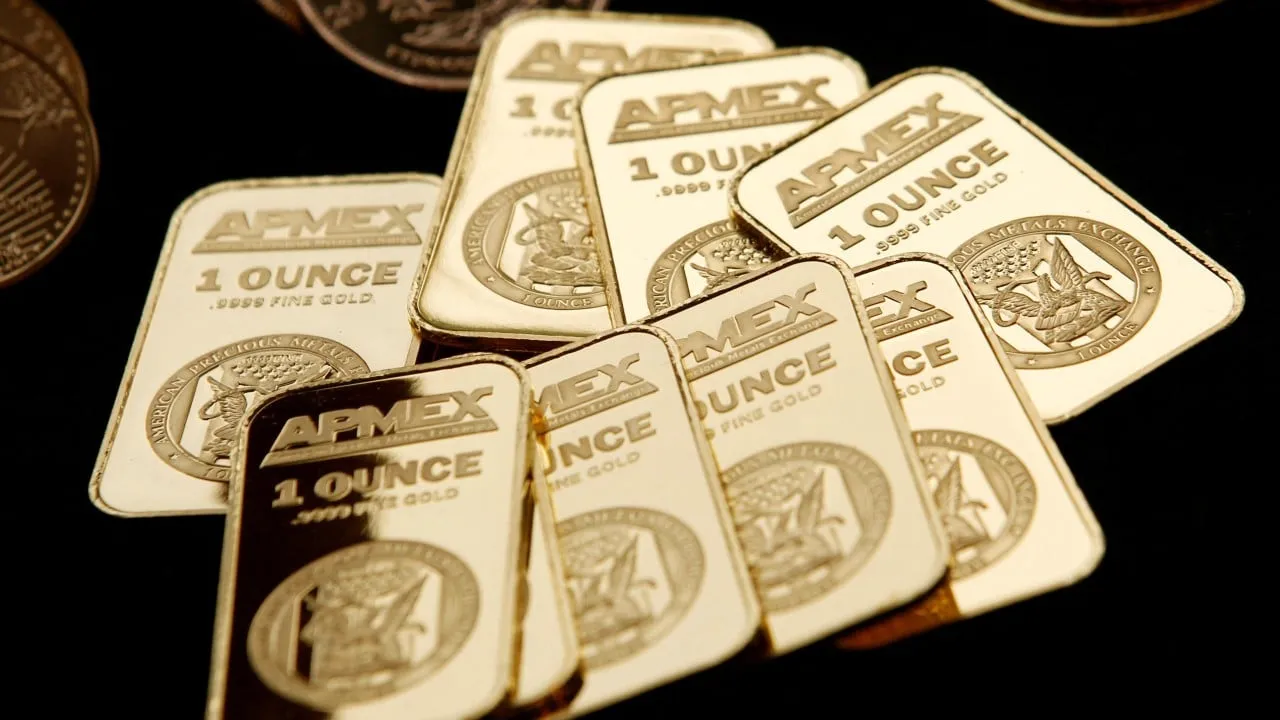What Donald Trump’s Election Victory Means for Gold and the US Dollar

Trump's Election and the Outlook for Gold
Demand for gold will continue to rise following Donald Trump’s victory in Tuesday’s US presidential election, which will increase trade tensions and uncertainties for the US dollar and US dollar-denominated assets, analysts said, predicting that gold prices will hit fresh highs despite a recent fall.
Market Reactions to Trump's Win
According to GF Securities, so-called “Trump deals” since the start of October took many expectations into account, leading to a strong US dollar, rising gold prices, falling oil prices, falling copper prices, and volatile US stocks, and the market was likely to trade in the opposite direction in the short term.
- Shen Jianguang, chief economist at JD.com, noted that virtual assets, such as Bitcoin and US bonds, have risen sharply.
- The price of gold would also climb in the longer term.
Shen said that reflected a broader decline in trust in the US dollar among governments and investors around the world.
The Global Shift to Gold
For many regions, particularly those with tense geopolitical relations with the United States, the status of gold, serving as a reliable safe-haven store of value, is growing. Gold has long been regarded as a hedge against economic and political uncertainty, particularly in a low-interest-rate environment. The price of gold hit a record high of US$2769.25 per ounce on October 29, having risen nearly 35 percent this year.
In a report released last week, UBS forecast that the price of gold would reach US$2,900 per ounce by the end of the third quarter next year, with a Trump victory to accelerate that climb given his views on tariffs, government spending, taxes, and interest rates.
Impact on China’s Yuan
The US government has used the US dollar and tariffs as a tool for financial sanctions, causing many countries’ central banks to actively or passively dedollarise. Shen emphasized that Trump’s tariff policies would impact global trade, especially for China, leading to a depreciation of the yuan, making gold more attractive for Chinese investors as a hedge against exchange rate and yuan asset uncertainty.
In the first three quarters of this year, gold consumption in China fell by 11 percent year-on-year to 742 tonnes, according to the China Gold Association. High prices have discouraged consumers, yet there was still a surge in purchases of gold bars and coins.
This article was prepared using information from open sources in accordance with the principles of Ethical Policy. The editorial team is not responsible for absolute accuracy, as it relies on data from the sources referenced.